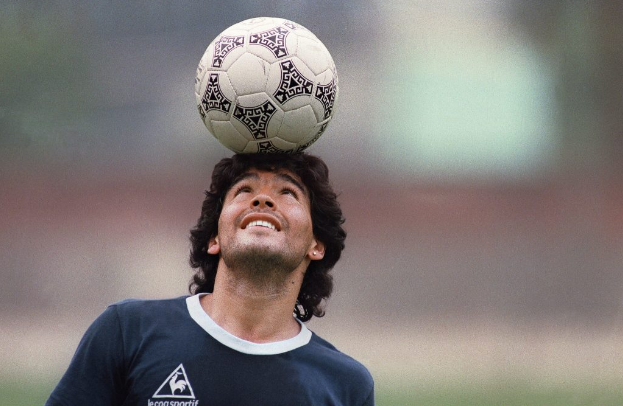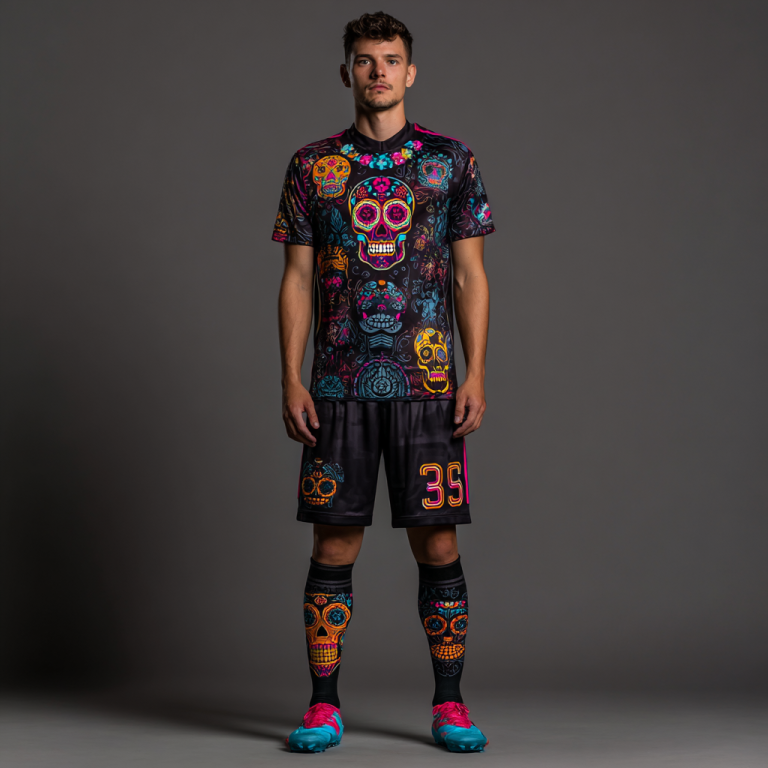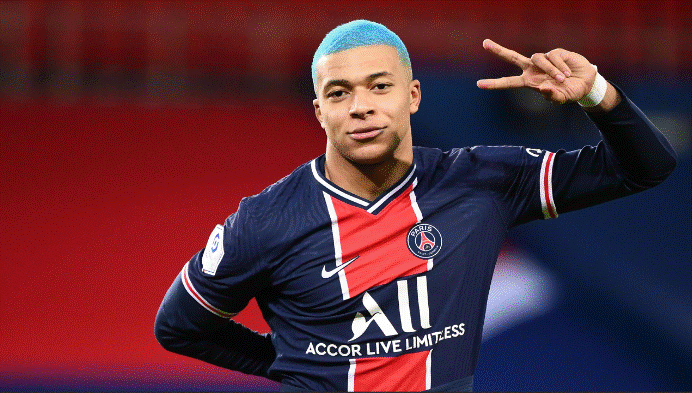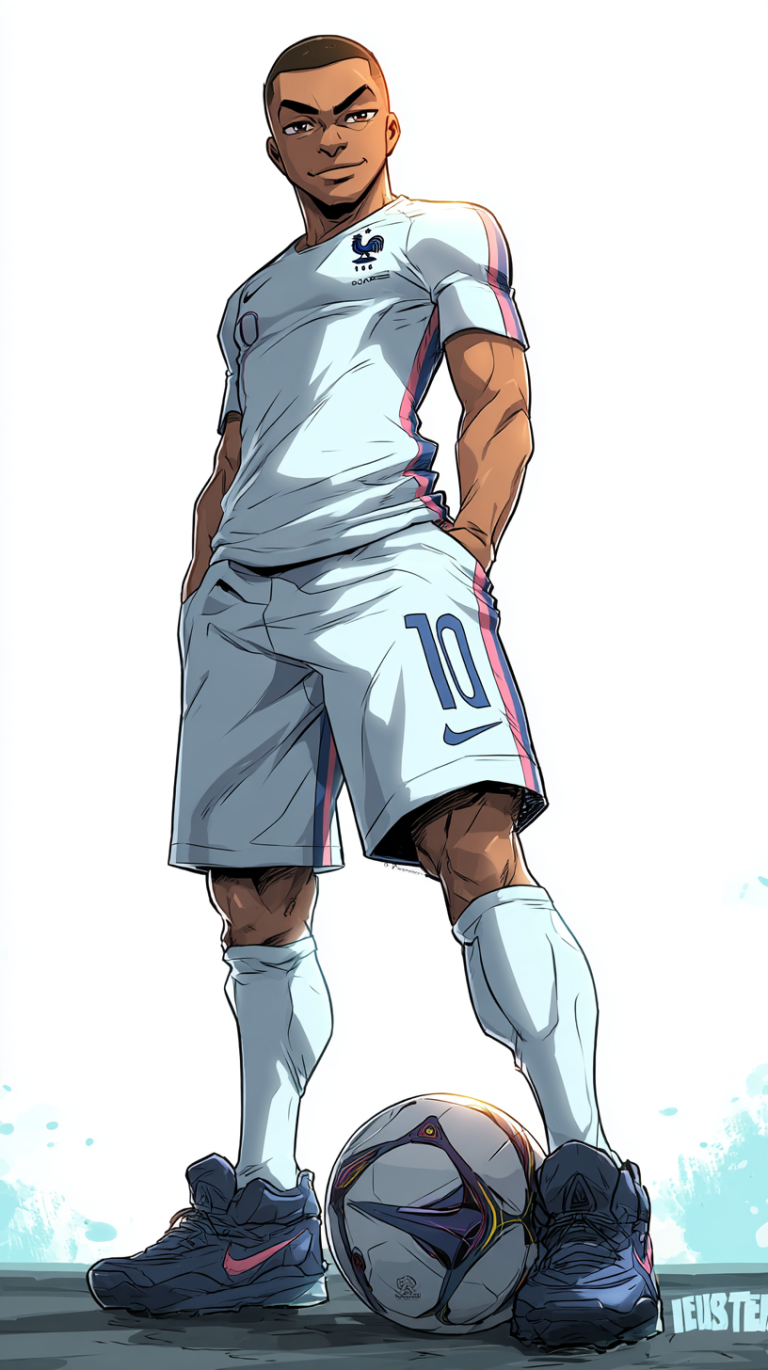romario’s life on and of the pitch
Romário’s Life: From Favelas to Fame and Beyond
1. Humble Beginnings & Rise to Stardom
Romário de Souza Faria was born on 29 January 1966 in Rio de Janeiro. He began his football journey with Olaria’s youth setup before making his top-level debut with Vasco da Gama in 1985—launching him into national prominence.the-sun.com+11Wikipédia+11thefamouspeople.com+11
2. A Legacy Built on Goals
Romário’s scoring feats are legendary. With over 700 official goals across clubs and country—and close to 1,000 when counting youth and friendlies—he sits among football’s most lethal forwards.Wikipédia+1Diario AS
At PSV Eindhoven, he netted 165 goals in 167 games, helping the club dominate the Eredivisie. At Barcelona, he was part of Cruyff’s “Dream Team,” winning La Liga in 1993–94 and topping the scoring charts.Wikipédia+1
On the international stage, Romário starred for Brazil in the 1994 World Cup—scoring five goals and winning the Golden Ball as the tournament’s best player.Pinterest+8Wikipédia+8Encyclopedia Britannica+8
3. Playing Style & Recognition
Renowned for his clinical finishing, especially his trademark toe-poke and uncanny positioning in the penalty area, Romário is celebrated by peers and coaches alike. Cruyff called him a “genius of the goal area,” while football legends such as Ronaldo, Baggio, Maldini, and Maradona have all praised his brilliance.YouTube+14Wikipédia+14Rio & Learn+14
4. Personal Life: Charisma & Controversy
Off the pitch, Romário’s life was every bit as colorful. He’s been married three times and has six children from different relationships. In more than one public interview, he’s openly discussed his active sex life—once even sharing that “on match day… if I’d wake up horny, I’d have sex with my wife and then go to the game,” citing it made him “feel calmer and lighter.”The Sun+1
Recent headlines highlighted his ongoing relationships with younger women, including a student 30 years his junior.The Sun+2The Sun+2
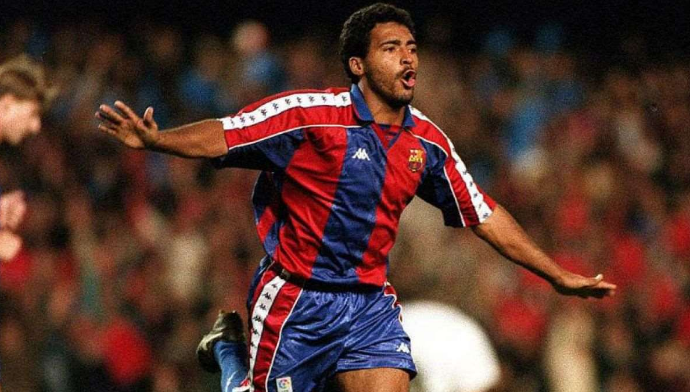
5. Politics & Advocacy
Transitioning from football to public service, Romário entered politics in 2010, becoming a deputy and later a senator for Rio de Janeiro. He’s been a vocal critic of corruption in football governance and opposed Brazil’s hosting of World Cups in 2014 and 2018.Wikipédia+1Diario AS
6. Still in the Game: America-RJ Return
At 58, Romário reignited his playing passion by registering with America-RJ—the club he presides over—to play alongside his son, Romarinho. While not competing for the title, the return carried deep personal meaning—and his earnings went back to the club.The Players’ Tribune+6Reuters+6Wikipédia+6
Summary Table: Romário by the Numbers
| Aspect | Insight |
|---|---|
| Roots | Grew up in Rio’s favelas; rose through Olaria and Vasco da Gama. |
| Career Highlights | Scored 700–1,000 goals; star for PSV, Barcelona, Brazil’s 1994 WC victory. |
| Style & Skill | Master of the box; famous toe-poke; praised by football legends. |
| Personal Life | Three marriages, six children; candid about sexuality and relationships. |
| Political Journey | Deputy (2010), Senator (2014–); anti-corruption advocate. |
| Ongoing Football Love | Brief return at age 58 with America-RJ, played with his son. |
Romário’s life is one of rich contrasts—an electrifying football genius, a bold and unapologetic personality off the field, and a political figure willing to stir controversy. He remains an unforgettable legend—on the field, in public life, and in cultural memory.

